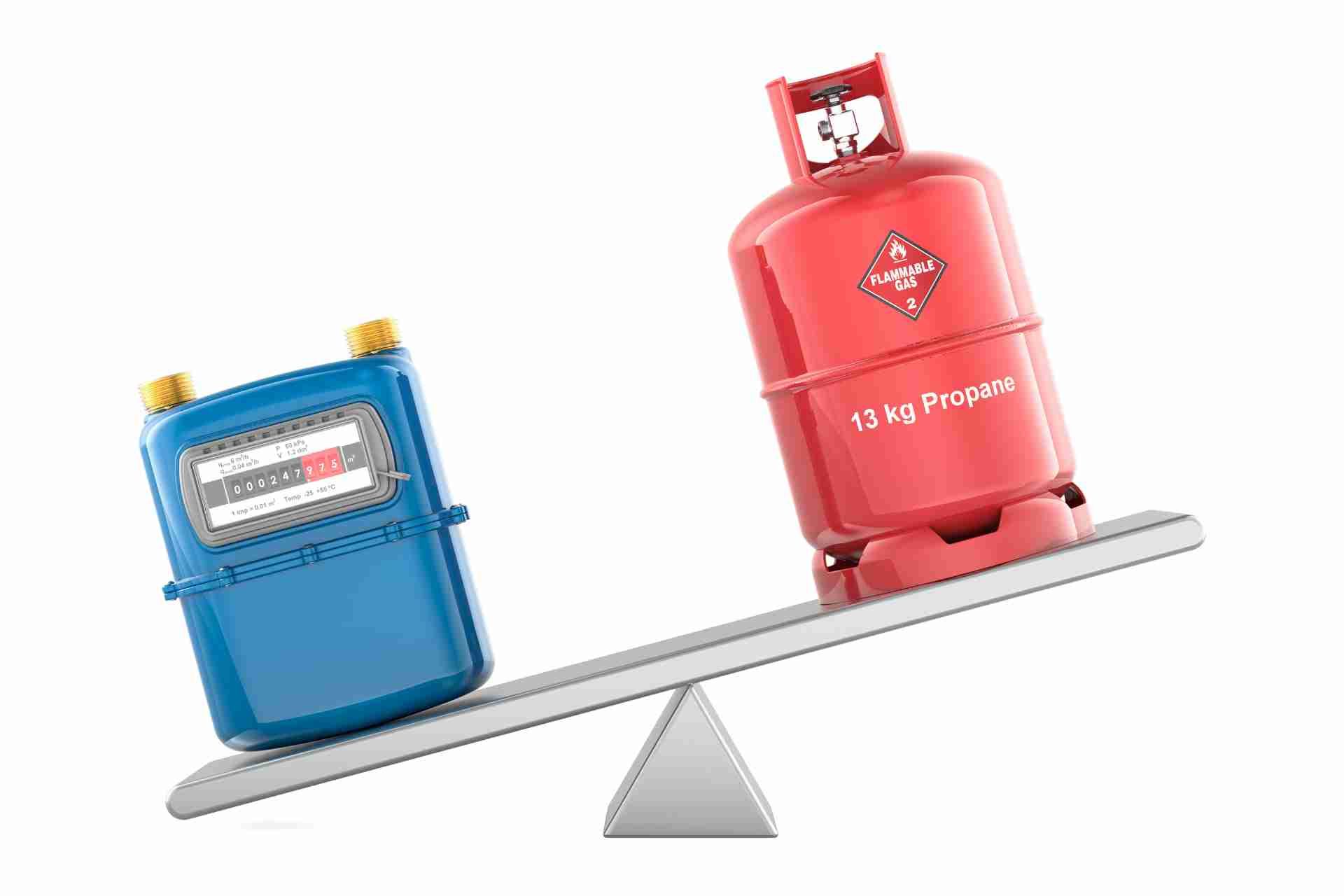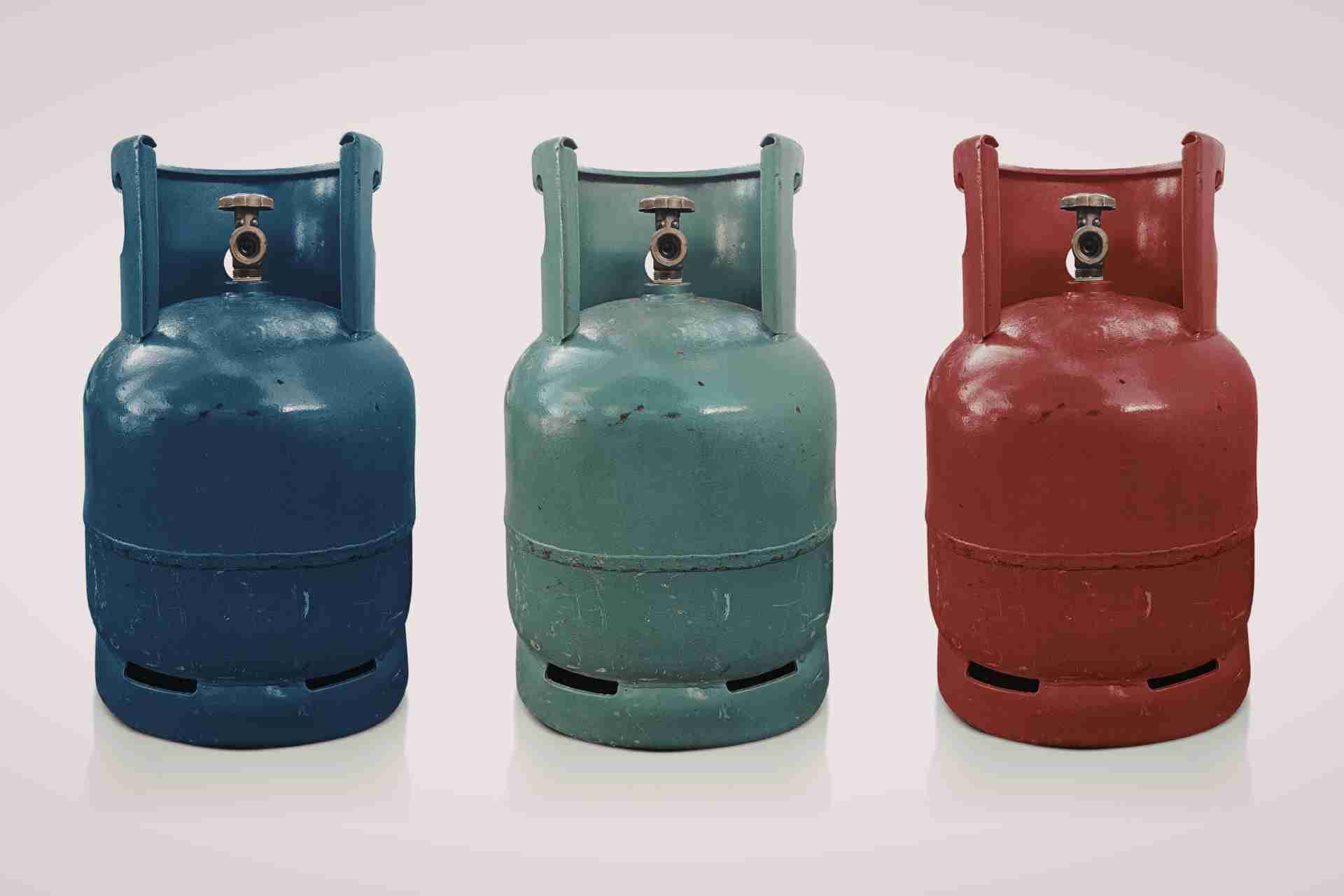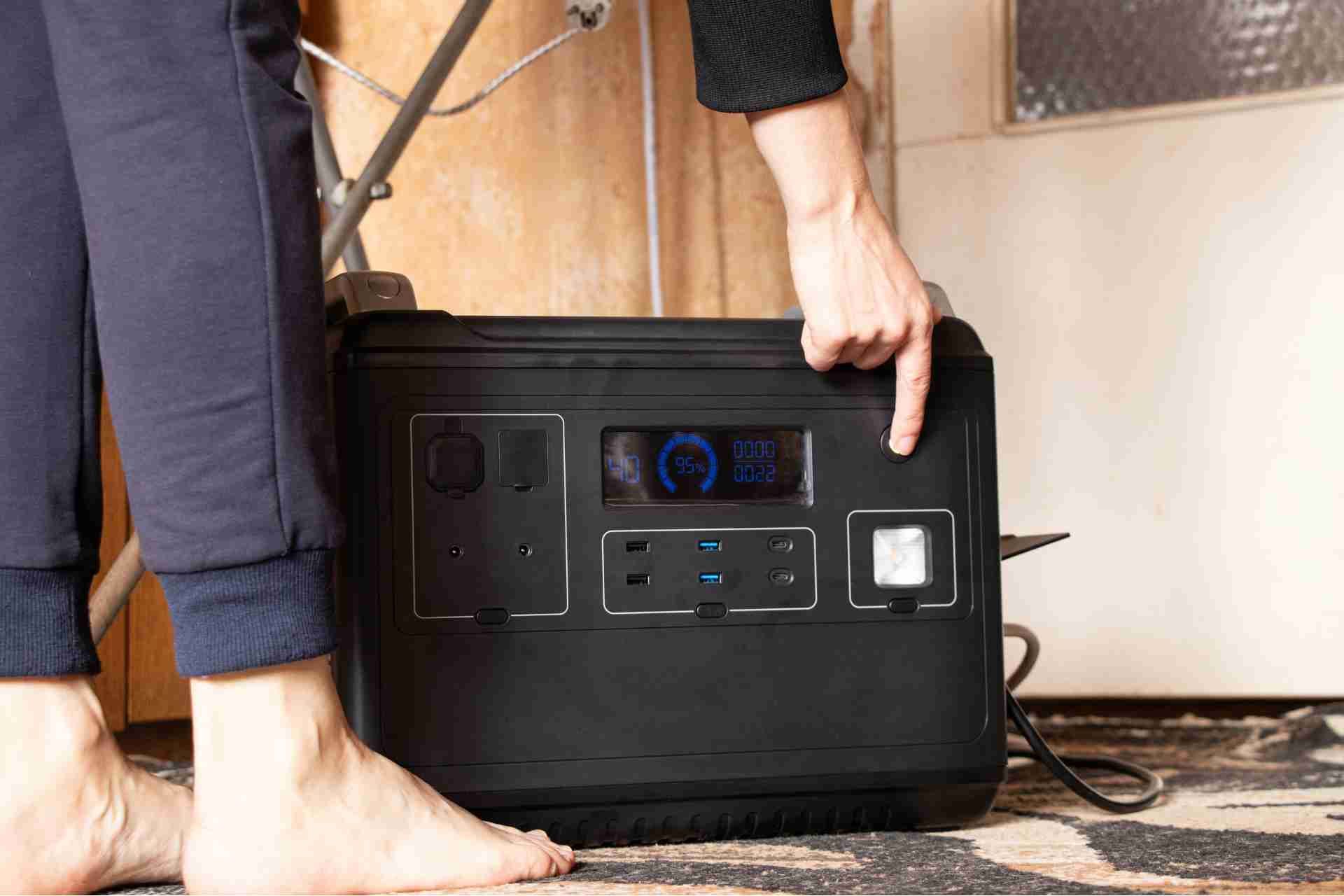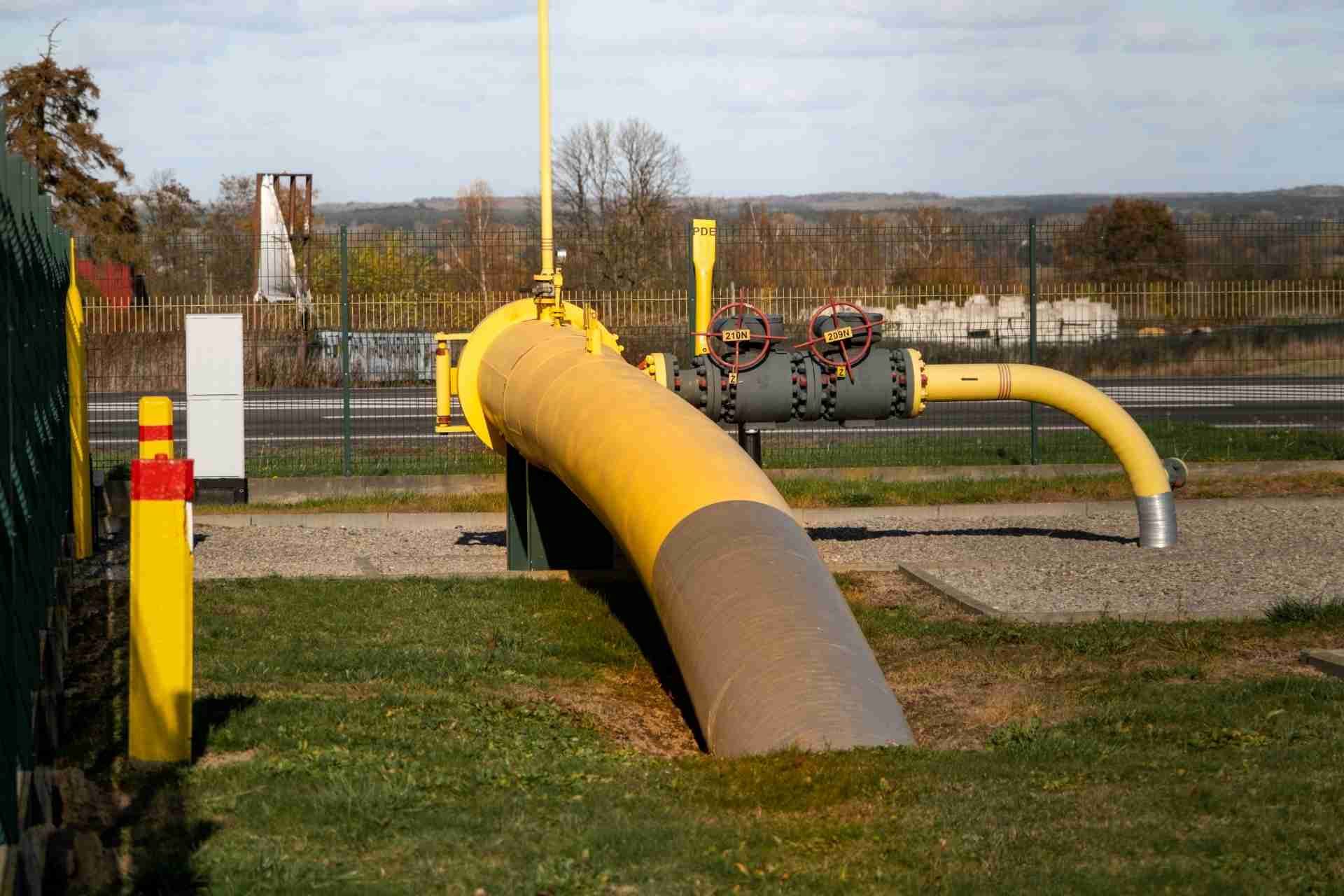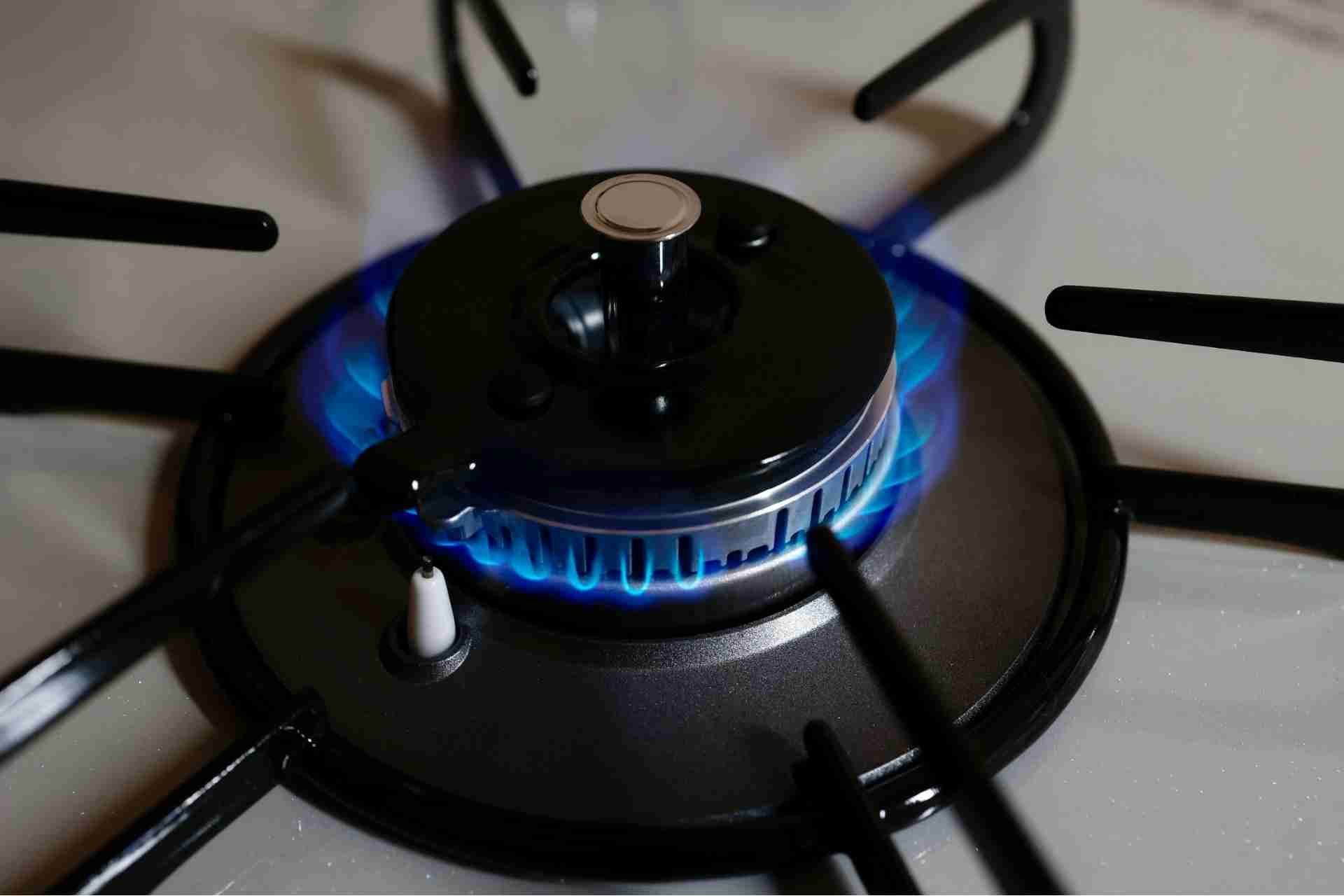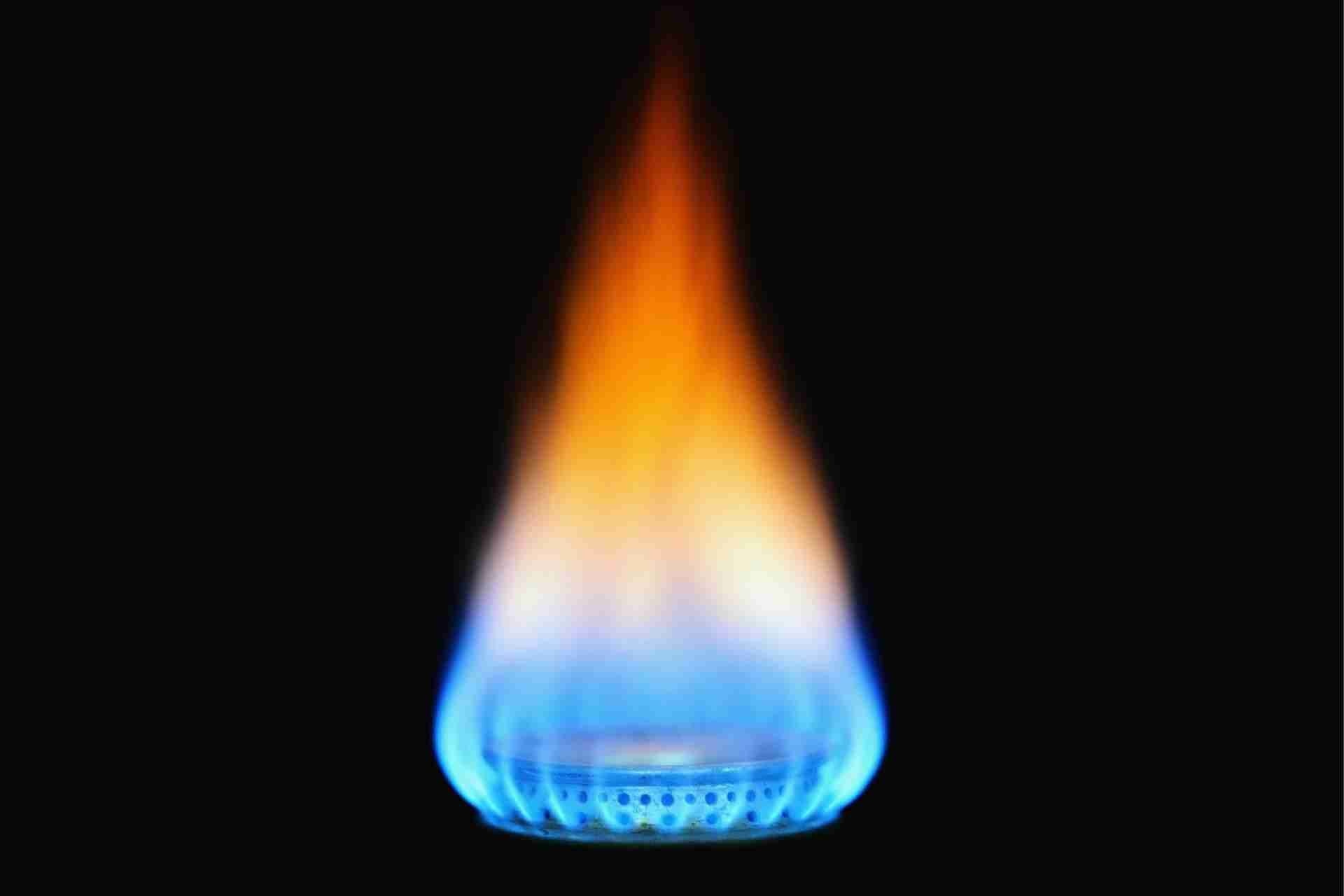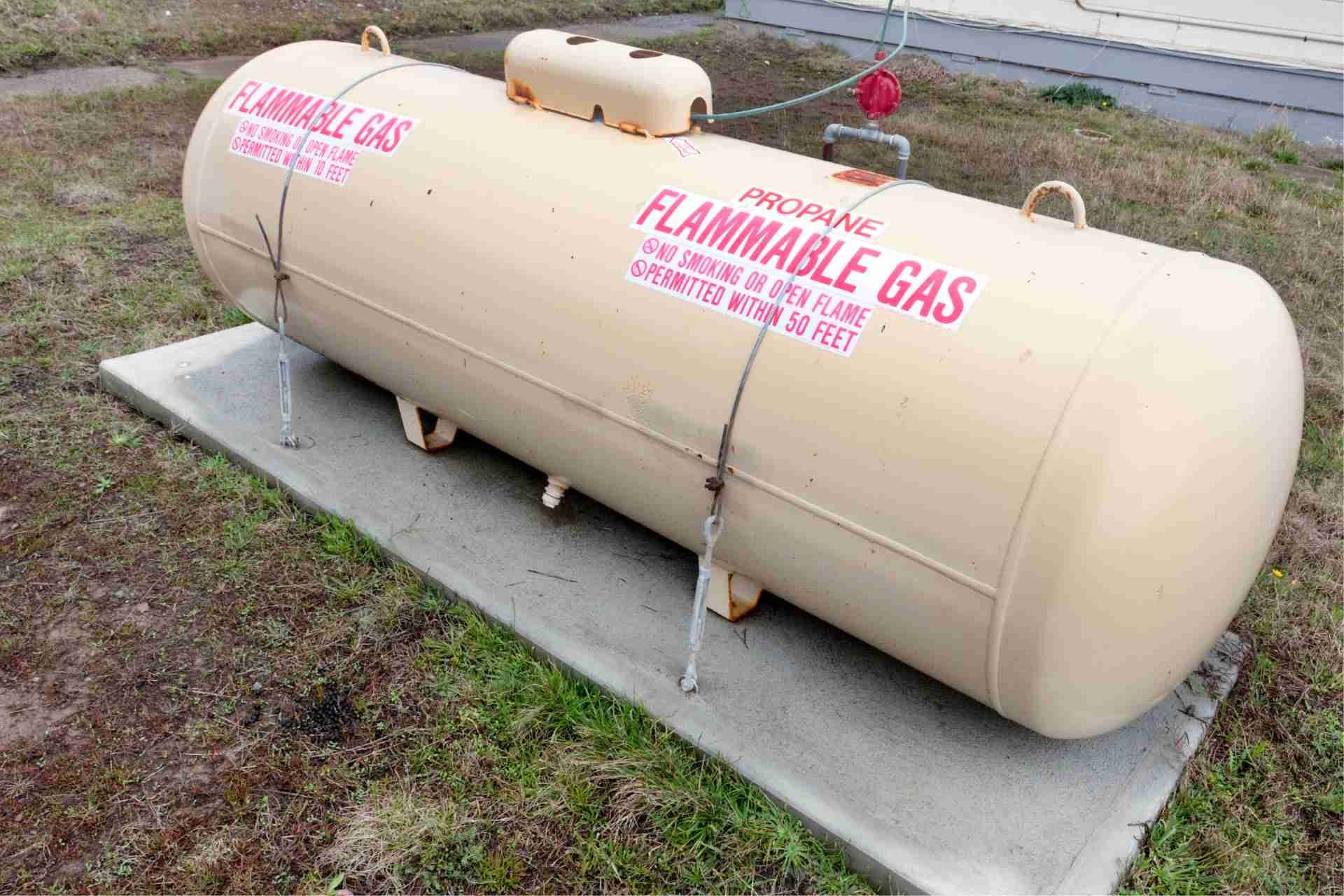Maximizing the Propane Tank Life Span
To maximize your propane tank's lifespan, you need to focus on several key practices. Storing it properly, maintaining regular inspections, and understanding recertification are just a few areas that demand your attention. Each step plays a crucial role in ensuring safety and durability. But what about the environmental factors that can impact your tank's longevity? Let's explore how to safeguard your investment effectively.
Proper Storage Techniques
When you store your propane tank properly, you can significantly extend its lifespan and ensure safety.
First, always keep the tank in an upright position, preventing leaks and corrosion. Choose a cool, well-ventilated area away from direct sunlight and heat sources, as excessive temperatures can damage the tank.
If you're storing it long-term, consider using a protective cover to shield it from the elements. Ensure the area is secure and out of reach of children or pets.
Avoid storing the tank in enclosed spaces like basements or garages, where gas accumulation could pose risks.
Lastly, check local regulations for specific storage guidelines to ensure compliance and safety. Following these steps keeps your propane tank in optimal condition.
Regular Inspections and Maintenance
To ensure your propane tank remains in safe and optimal condition, regular inspections and maintenance are essential.
Start by visually checking for any signs of rust, corrosion, or leaks. Inspect the hoses and connections for wear and tear, and replace any damaged components immediately.
It's also important to ensure that the tank is securely anchored and upright. Regularly check the pressure gauge to confirm that it's within the safe range.
Clean the tank exterior to prevent debris buildup, which can hide potential issues. Scheduling professional inspections at least once a year can help catch problems early.
Maintaining your propane tank not only extends its lifespan but also ensures safety for you and your family.
Understanding Expiration and Recertification
Regular inspections and maintenance are only part of ensuring your propane tank stays safe and functional.
You also need to understand expiration and recertification. Most propane tanks have a lifespan of 12 years, after which they require recertification before you can continue using them.
Look for the date stamped on the tank; it indicates when the tank was manufactured. If your tank is nearing its expiration, don't wait—schedule a recertification with a qualified professional.
They'll check for leaks, structural integrity, and overall safety. Keep in mind that failing to recertify can lead to safety risks and legal issues.
Safe Handling Practices
Since propane is a flammable substance, it's crucial to follow safe handling practices to prevent accidents and ensure your well-being.
Always store your propane tank in a well-ventilated area, away from heat sources, and direct sunlight. When connecting or disconnecting the tank, do it outdoors and keep ignition sources away.
Regularly check for leaks by applying a soap solution to connections—bubbles indicate a leak. If you smell gas, shut off the valve and leave the area immediately.
Always transport your tank upright and secure it to prevent tipping. Lastly, never attempt to repair a damaged tank yourself; contact a professional.
Environmental Considerations for Longevity
While you focus on maximizing the lifespan of your propane tank, it's essential to consider environmental factors that can impact its durability.
Exposure to extreme temperatures, both hot and cold, can weaken the tank material over time. Ensure it's stored in a shaded area during summer and sheltered from frost in winter.
Moisture can lead to corrosion, so keeping the tank elevated off the ground can help. Additionally, avoid placing it near chemicals or substances that may cause deterioration.
Regular inspections for rust or damage are crucial, as early detection can prevent larger issues.
Conclusion
By following these guidelines, you can significantly extend the life of your propane tank. Store it upright in a cool, well-ventilated area, and keep an eye out for rust, corrosion, and leaks. Don't forget to schedule professional recertification every 12 years. Safe handling and awareness of environmental factors also play a crucial role in maintenance. With these practices in place, you'll ensure your propane tank remains safe and functional for years to come.

